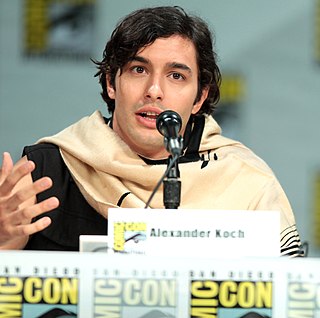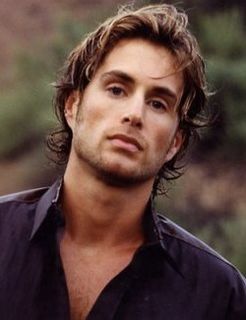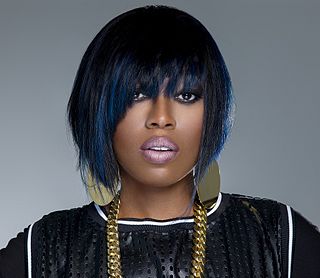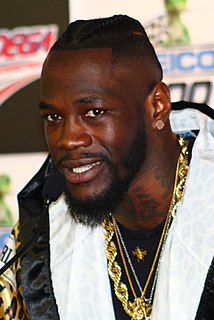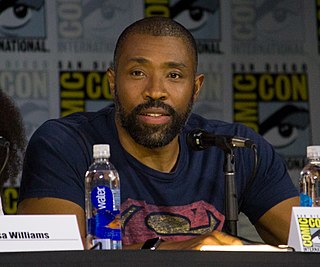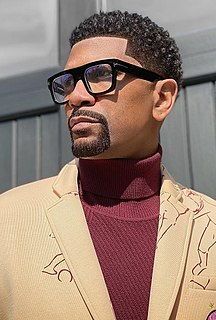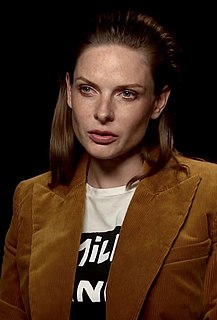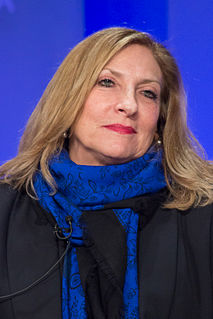A Quote by Alexander Koch
When I first went to college, I went to Western Michigan. I had been rejected by a bunch of schools for theater. I was like, 'I'm obviously not cut out for this, so I might as well just go into film.'
Related Quotes
I was interning at a children's theater group in Kentucky - that was my first job out of college. I had jumped around a couple of regional theaters, and I was about to go back to Maine to work at a summer Shakespeare theater there. I didn't want to just jump around the country from gig to gig. I really wanted to go to a city and get involved in a theater scene and a theater community.
I'm a product of state schools. I had a working-class family. We had no books. I was the first to go to college. But I didn't really think about it, or about making money. I was just going to be an artist, and I've been fortunate. I've never had to work for anybody nor have I had to write for money. Maybe that's another reason that I've been able to be productive. I haven't had to use my writing to make a living.
I got to college and saw all of my friends going to these other schools and thought, 'You know, college is just a blank slate.' And I had an opportunity to go to different schools, but I chose Brown because it was unique and allowed you to be yourself as an individual and like I said, it's a blank slate.
I always have been an entertainer, whether it's been joking or performing for people. And I always thought I had a talent, because I could rap and I could sing, and I did write. And all the other kids were going to college, but I just felt like I had to do this first, and if it didn't work, then I would go to college.
There've been times where, like when I auditioned for 'Akeelah,' I think in the first audition I was a little bit afraid because it was, you know, I had seen girls in there that I had seen on TV before, and I was like, 'Man, I might as well just walk out of here now because I'm just a newcomer,' and this and that.
When I went to college, I went to a junior college. I wanted to go to the University of Alabama but had to go to junior college first to get my GPA up. I did a half-year of junior college, then dropped out and had my daughter. College was always an opportunity to go back. But she, my daughter, was my support. I gave up everything for her.
When I was younger, I definitely thought musical theater was sort of more pure than film. I used to say I'd never go to film because we had to get it right the first time in musical theater. But then, of course, I started doing film and realized I loved it. Keep in mind that I was 8 years old when I said that.
